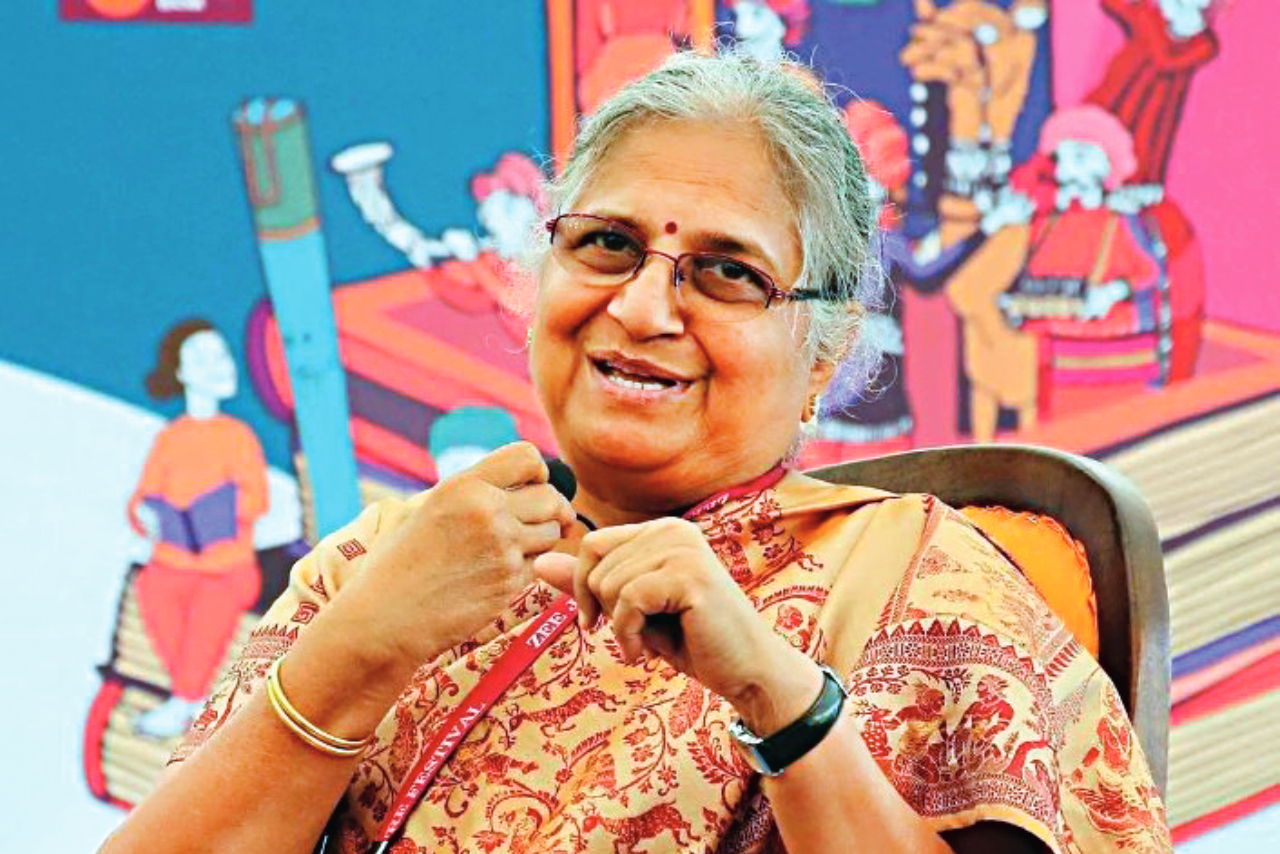Explore Karnataka’s empowering female voices this Margaret Atwood’s birthday—a literary journey echoing distinct issues across times and spaces.
- May 12, 2024
- Updated 6:12 am
Empowerment Echoes
- Avantika
- November 17, 2023
- Success Stories
On November 18, as literary aficionados unite to celebrate Margaret Atwood’s birthday, it’s more than an ode to her prolific works—it’s an expedition into formidable female voices.
Atwood’s literary repertoire showcases her prowess in weaving fictional prose with vigorous feminist perspectives. These works, among others, stand as a testament to Atwood’s popularity and genius.
Notably, “The Handmaid’s Tale” holds a puissant grip on readers worldwide, delving into the story of Offred, a woman bound by a misogynistic society. The book, despite facing bans in several countries, catapulted Atwood’s fame to unprecedented heights. Beyond the controversial narrative, Atwood’s body of work reflects her unwavering commitment to gender equality and women’s rights.
A quote from “The Handmaid’s Tale” captures the essence of her narrative perfectly – “We were the people who were not in the papers. We lived in the blank white spaces at the edges of print. It gave us more freedom. We lived in the gaps between the stories.”

In the tapestry of Karnataka’s literary landscape, female writers have carved indelible marks, echoing Atwood’s fervent commitment to gender equality and women’s rights. As we delve into Atwood’s captivating narratives, we find a resonant chord in the works of Karnataka’s own literary stalwarts.
In Atwood’s words, “We lived in the gaps between the stories”, a sentiment that reverberates in Karnataka’s literary realm. Just as Atwood seeks to expose the deep trenches of a politically-driven society and dismantle patriarchal norms, Karnataka’s female writers embark on journeys of revelation within the nuanced narratives of their works.
As we celebrate Margaret Atwood’s birthday, let’s not only revel in her narratives but also acknowledge the vibrant tapestry of Karnataka’s female authors, who, like Atwood, use their pens to paint narratives of empowerment, resilience, and the relentless pursuit of equality.
Here is a compilation of names whose works resonate with Atwood’s while carving out unique identities. They represent a collective women’s voice on pertinent issues, albeit in different times and spaces. Read on…

T Sunandamma: A luminary in India’s independence movement, T Sunandamma has left an indelible mark on Karnataka’s literary landscape. Her works not only inspire but also advocate for women’s rights. Recipient of the Anupama Award for Best Writer, Sunandamma continues to be recognised for masterpieces such as “Samaya Sindu,” “Vriksha Vahana,” and “Tenali Ramakrishnan.”

Anita Nair: A pivotal figure in Karnataka’s literary realm, Anita Nair’s works like “Ladies Coupé,” “Mistress,” and “Eating Wasps” contribute to women’s empowerment and delve into the atrocities faced by women. “Eating Wasps” particularly highlights the essence of feminism, tracing the lives of ordinary women yearning for freedom and individualism.

Kamala Hampana: Hailing from Bangalore, acclaimed writer Kamala Hampana explores the nuances of female sensibility and empowerment in her diverse body of work. Recognised for her advocacy against Dalit atrocities and involvement in the women’s movement, Hampana’s stories such as “Chandana” and “Bavane” and books including “Veeravanithe Obavva” resonate with themes of empowerment.

Arshia Sattar: Bangalore-based translator and writer Arshia Sattar enriches the city’s literary landscape with her interpretations of Indian epics like “The Ramayana”. Her works, including “Adventures with Hanuman” and “Uttara: The Book of Answers,” provide nuanced perspectives on femininity. Sattar’s portrayal of Sita emphasises the varied roles women play in society, underlining the importance of independence and equal rights.

Gauri Lankesh: The story of the Late Gauri Lankesh, an activist and journalist, unfolds as a whirlpool of emotions after her tragic murder. Renowned for critiquing Hindu extremism and practicing stoic feminism, her book “The Way I See It” offers a unique perspective on mundane issues through a cat’s eyes. Additionally, works like Chidanand Rajghatta’s “Illiberal India: Gauri Lankesh and the Age of Unreason” provide readers with a glimpse into her life, celebrating the influential legacy she left behind.

Sudha Murty: Renowned for her literary contributions, Sudha Murty, recipient of prestigious awards, has become an iconic figure. Her books, including “Three Thousand Stitches,” “Mahashweta,” and “Three Women, Three Ponds,” explore diverse versions of women, addressing their struggles and advocating for equal status in society. Murty’s grandeur transcends gender disparities, showcasing her success as both an entrepreneur and a celebrated writer.

Rasana Atreya: Karnataka’s literary tapestry boasts the impactful presence of Rasana Atreya, whose work advocates for women’s entitlement. “Tell A Thousand Lies” and “Daughter’s Inherit Silence” tackle profound topics related to women, addressing issues like colour bias and the struggles women face in finding acceptance within marriage and new lives.

Lavanya Sankaran: Bangalore writer Lavanya Sankaran, through books like “The Hope Factory” and “The Red Carpet”, delves into the search for identity among women in a world bound by challenging norms. “The Hope Factory” portrays the resilience of Kamala, illustrating the power of women to persevere despite life’s adversities.

